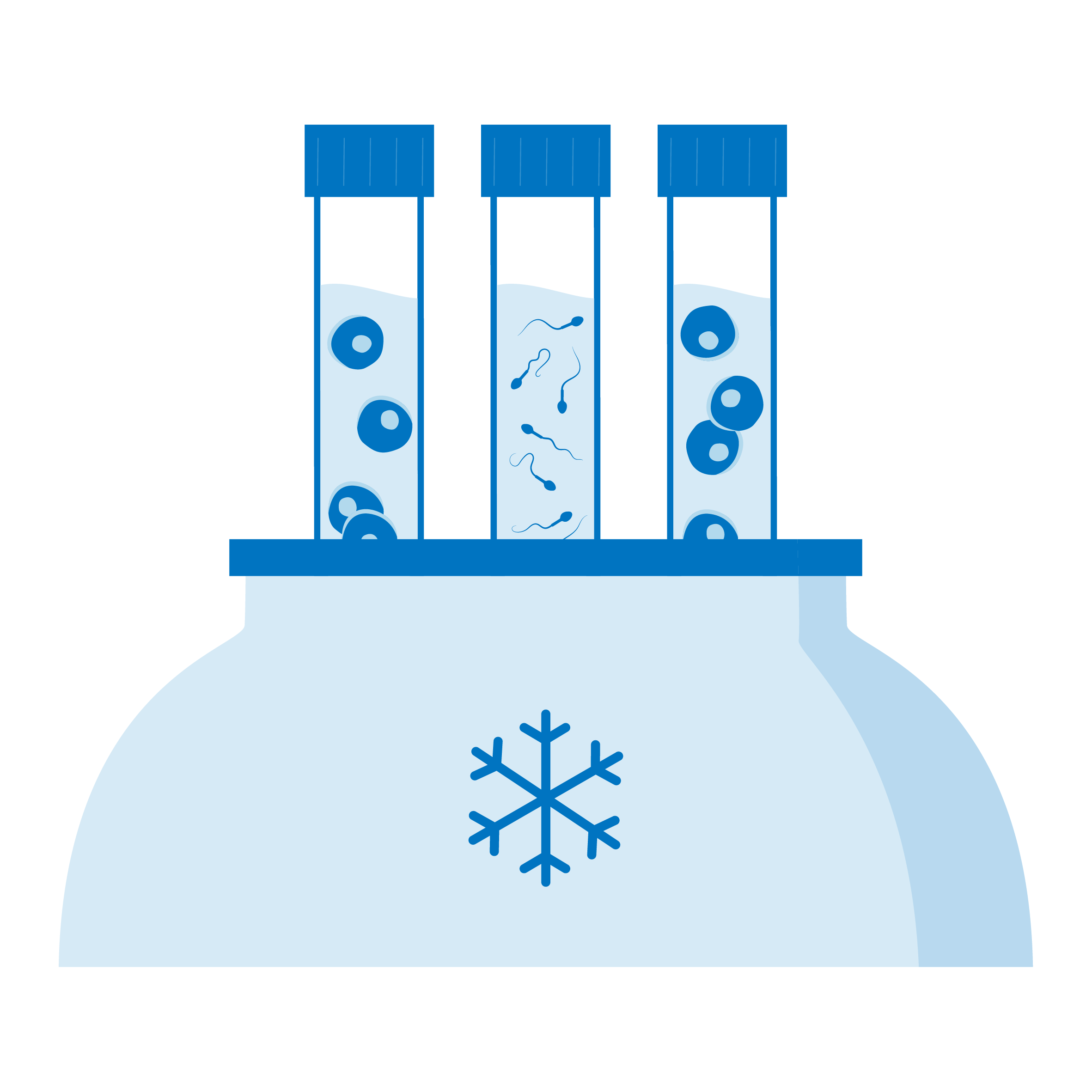
What it is
Cryopreservation is the process of freezing and storing reproductive cells such as eggs, sperm, or embryos at very low temperatures to preserve their viability for future use. This technique provides individuals and couples with the ability to safeguard their fertility until the time is right to build a family.

How It Works
Through advanced laboratory techniques, reproductive cells are carefully frozen using vitrification, a rapid-freezing method that minimizes the formation of damaging ice crystals. Once stored in liquid nitrogen, the cells remain preserved without deterioration for many years. When the individual is ready, the frozen eggs, sperm, or embryos can be thawed and used in fertility treatments such as in vitro fertilization (IVF).
+ Men who want to safeguard sperm before undergoing medical procedures or as part of family planning.
+ Couples pursuing IVF, who may wish to store embryos for future attempts.
+ Individuals seeking fertility preservation before gender-affirming treatments.
Who Can Benefit
Who Can Benefit
+ Men who want to safeguard sperm before undergoing medical procedures or as part of family planning.
+ Couples pursuing IVF, who may wish to store embryos for future attempts.
+ Individuals seeking fertility preservation before gender-affirming treatments.
Benefits
+ Medical Security: Protect reproductive potential before undergoing cancer treatment or surgery affecting the ovaries.
+ Personal Choice: Gain more control over family planning timelines.
+ Family Planning Flexibility: Maintain the ability to conceive later in life.
+ Support for IVF or Donor Programs: Provide stored samples for future fertility treatments or assisted reproduction.

Why Procreate
In-House Storage for Maximum Security
World-Class Medical & Laboratory Expertise
Personalized & Compassionate Care
Financial Support & Partner Programs
Q&A For Women
Q&A For Men
Get An Appointment
Your information is safe with us. We respect and protect your privacy. We will not rent, sell or share your personal information with outside companies for their promotional use. We will not distribute your personal information to outside parties without your consent.

Ready to Take the Next Step?
Understanding your fertility health is the first step toward achieving your dream of parenthood. Let us provide you with the answers and guidance you need.

